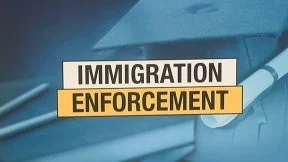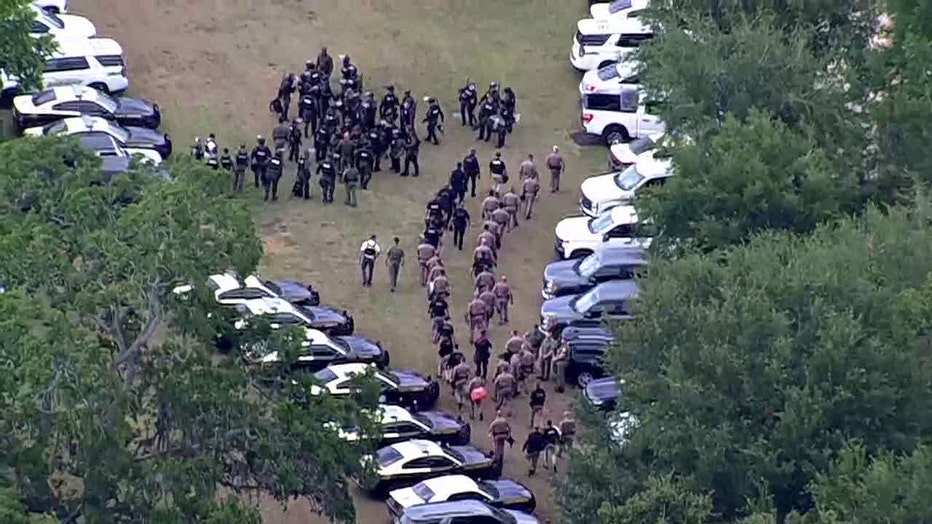
Florida Universities Move To Deputize Campus Police For Immigration Enforcement, Stirring Debate And Uncertainty
In a groundbreaking departure from tradition, at least three major Florida universities are pursuing agreements with federal authorities to deputize their campus police for immigration enforcement. This controversial new direction marks a pivotal moment for higher education in the state—raising questions about student safety, civil rights, and the evolving relationship between academic institutions and law enforcement.
Florida Atlantic University (FAU), the University of Florida (UF), and the University of South Florida (USF) have all confirmed they are seeking enrollment in the 287(g) program—a federal initiative that allows selected local law enforcement officers to act as de facto immigration agents. If approved, these universities would become among the first in the country to grant such broad authority to their campus security forces.
This policy shift follows recent directives from Florida Governor Ron DeSantis, whose administration has made supporting federal immigration enforcement a priority. The new approach comes amid a national climate of heightened scrutiny and stricter enforcement, with federal officials revoking the visas of international students and, according to critics, applying increasingly vague justifications for deportations.

For institutions like USF—which last year faced highly publicized campus demonstrations and federal probes into antisemitism—this move signals a new willingness to incorporate law enforcement into the academic environment. Florida immigration attorney Renata Castro highlighted the potential expansion of police oversight, asking pointedly, “Will campus police be monitoring speech on college campuses? Will they expand their search into individuals who are visiting campus?” While universities like USF and UF boast significant international student populations—with up to 10% of students at USF hailing from abroad—some observers now worry about new legal vulnerabilities for this vital cohort.
The details of the 287(g) agreements remain murky. At UF, the university confirmed it signed an agreement with Immigration and Customs Enforcement (ICE), but did not clarify whether it was the Jail Enforcement Model (JEM) or the Warrant Service Officer (WSO) model. Both grant sweeping powers—allowing campus police to interrogate suspects about immigration status and, in some cases, arrest individuals without a warrant. These developments are already having real-world consequences: one UF student was reportedly deported after arrest for a minor traffic violation, while other students have seen their visas revoked.
The evolving policy has triggered anxiety across campuses. Jennica Charles, an FAU political science student and Haitian immigrant’s daughter, described the news as “shocking.” She questioned, “Who’s to say that someone doesn’t stop me and say, 'oh I look like I don’t belong here?' I definitely think it’s going to make people feel more unsafe, whether you are someone that has immigrant status or not.”
National organizations and advocacy groups are weighing in. Miriam Feldblum, CEO of the Presidents’ Alliance on Higher Education and Immigration, warned that ramped-up enforcement “undermines our fundamental ability to foster secure, inclusive, serendipitous, academic environments.” As more than 200 state and local agencies across Florida formalize their partnerships with ICE—and dozens more, including campus departments, await approval—the balance between campus safety and student rights has never been more contentious.
These changes pose profound challenges for Florida’s public universities, which pride themselves on diversity and global engagement, and rely heavily on international student tuition to support their operations. As similar agreements loom for other campuses nationwide, students and faculty alike are left weighing the costs—and uncertain future—of this new era in campus policing.
What do you think about the expansion of immigration enforcement to university campuses? Are these measures necessary for safety, or do they threaten the inclusive spirit of American higher education? Share your thoughts and continue the conversation in the comments below.